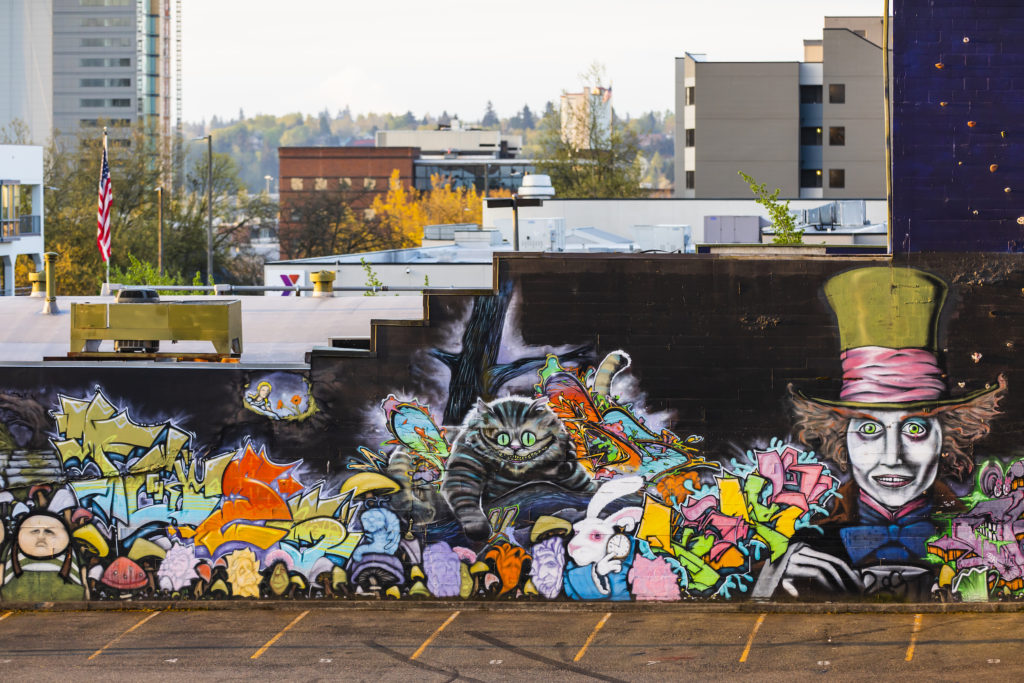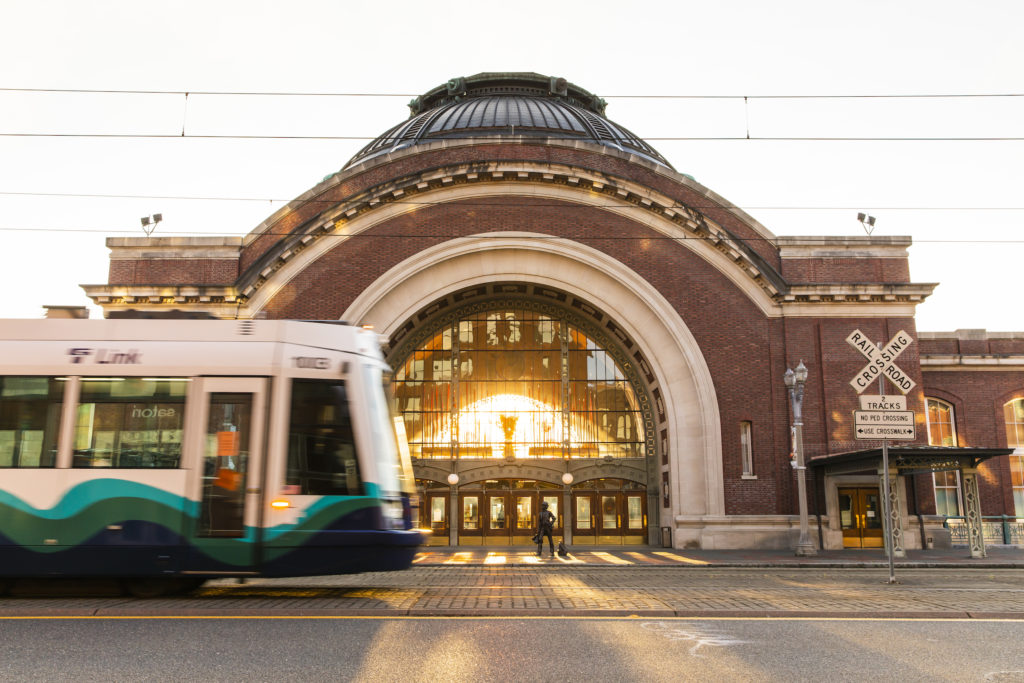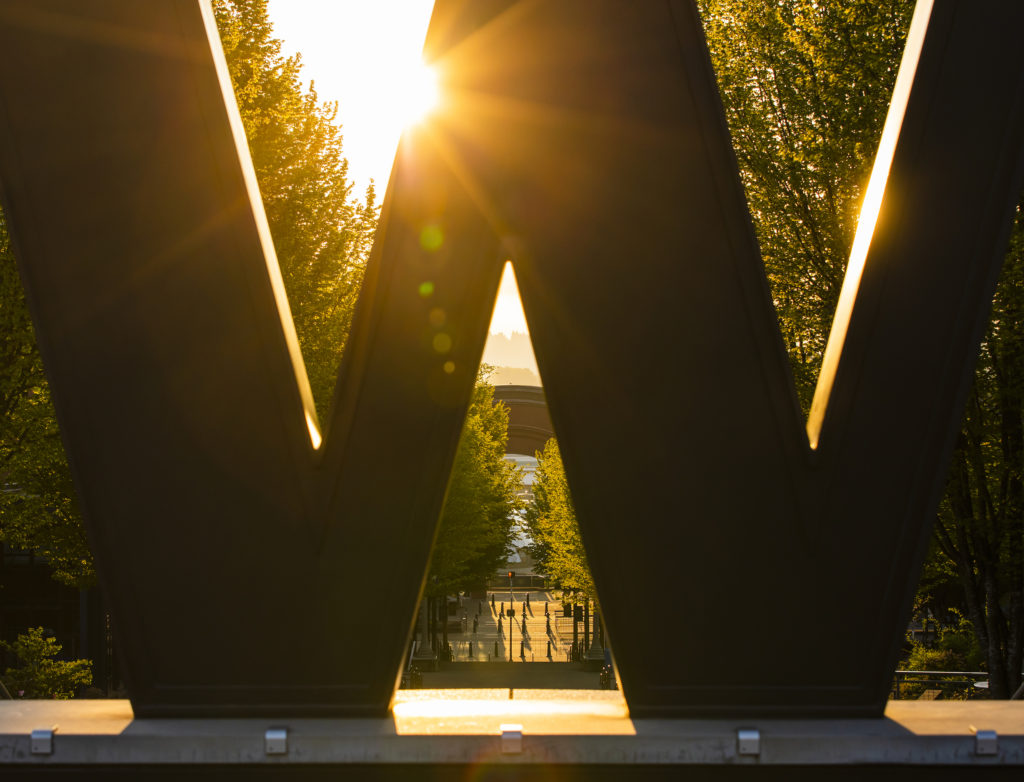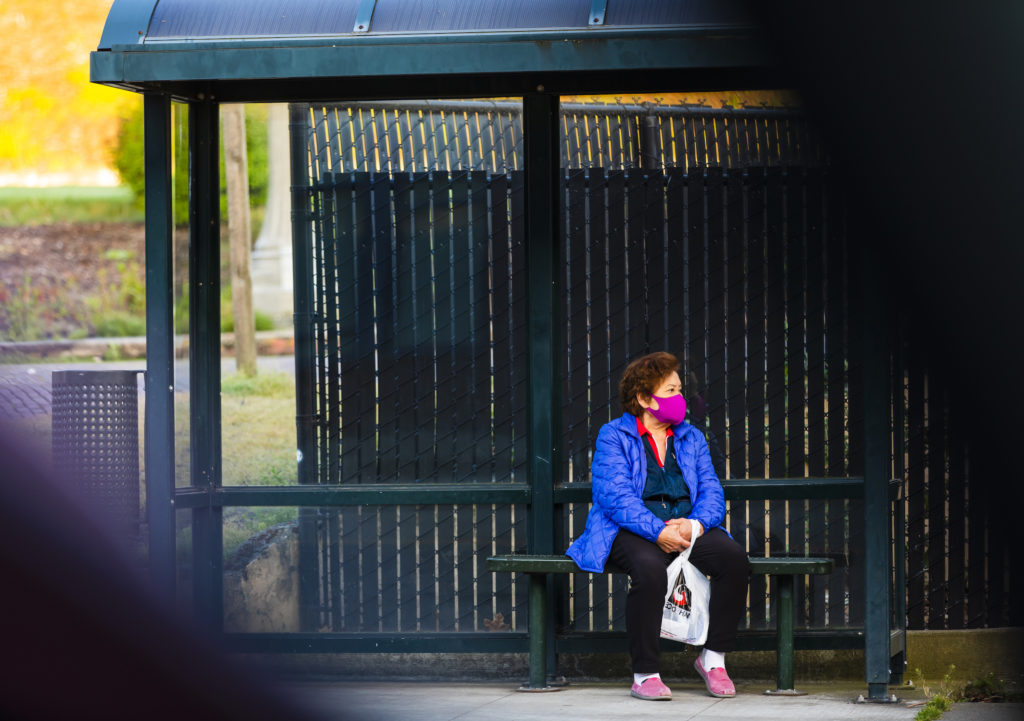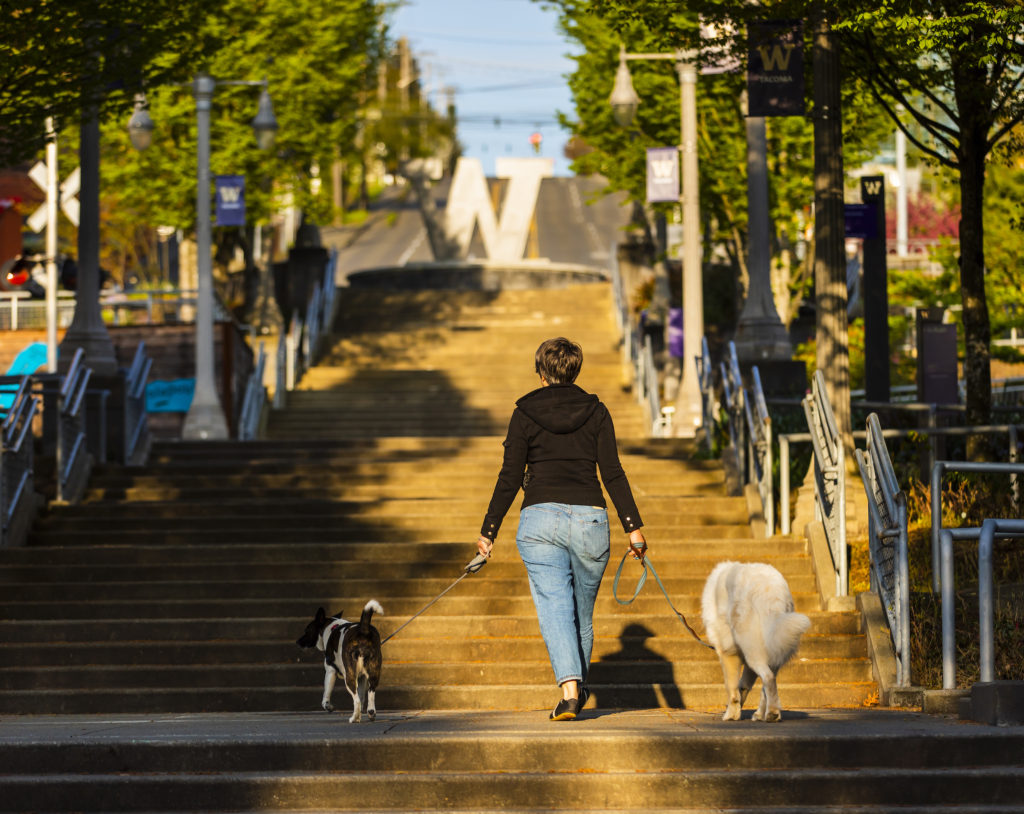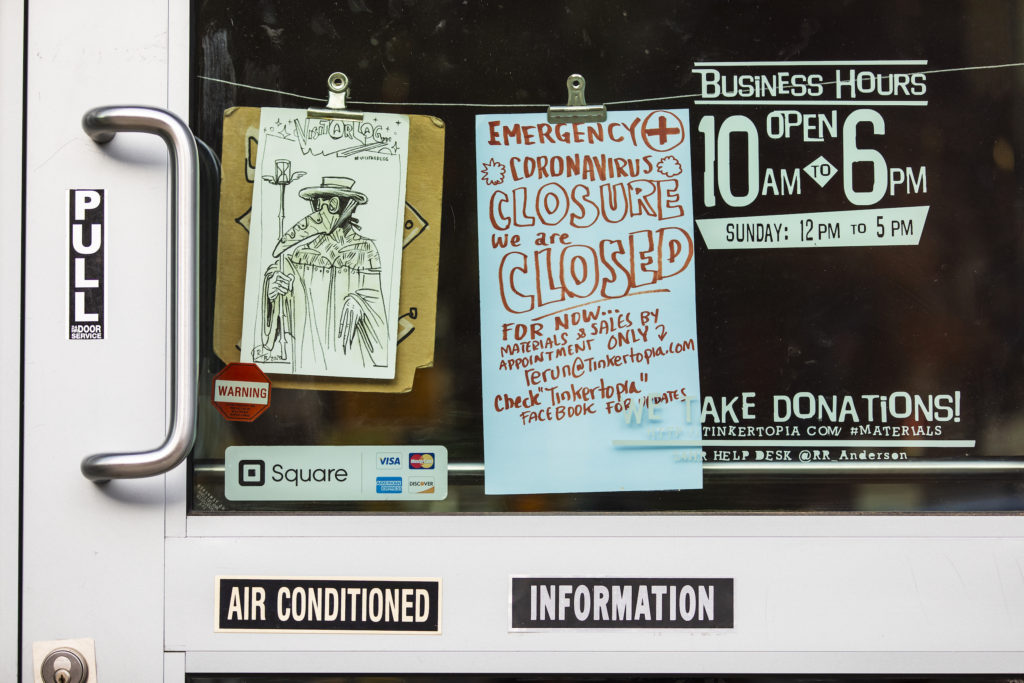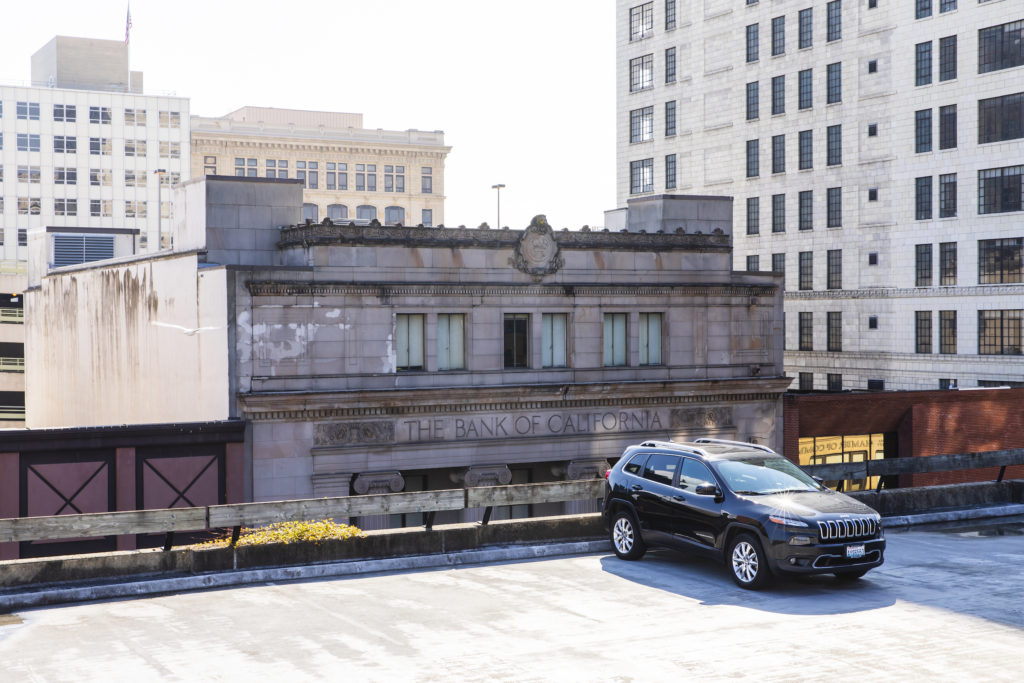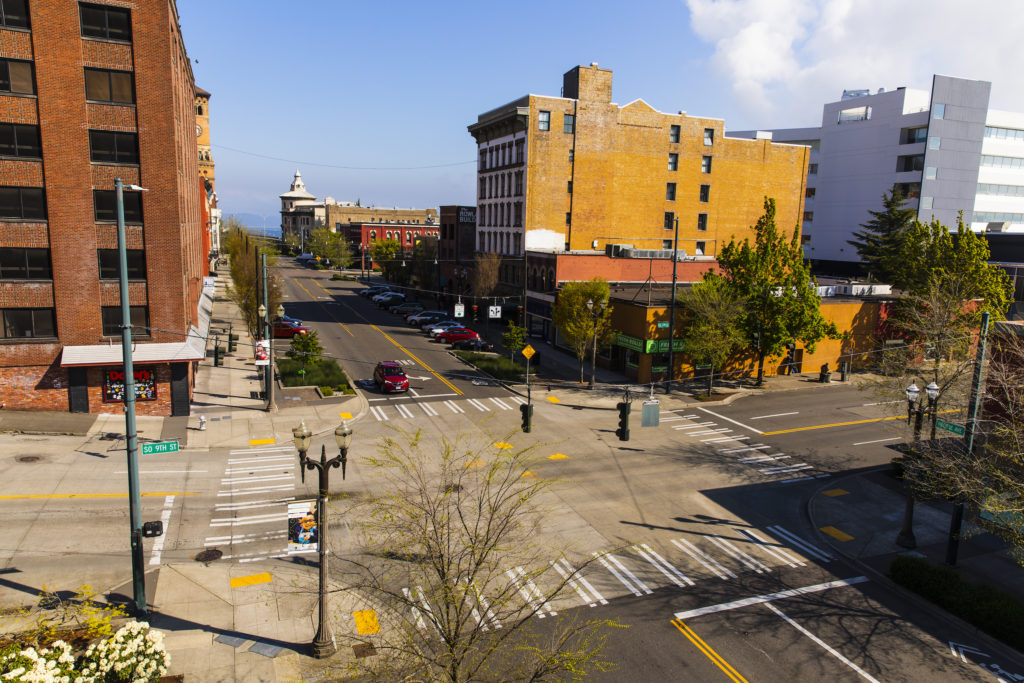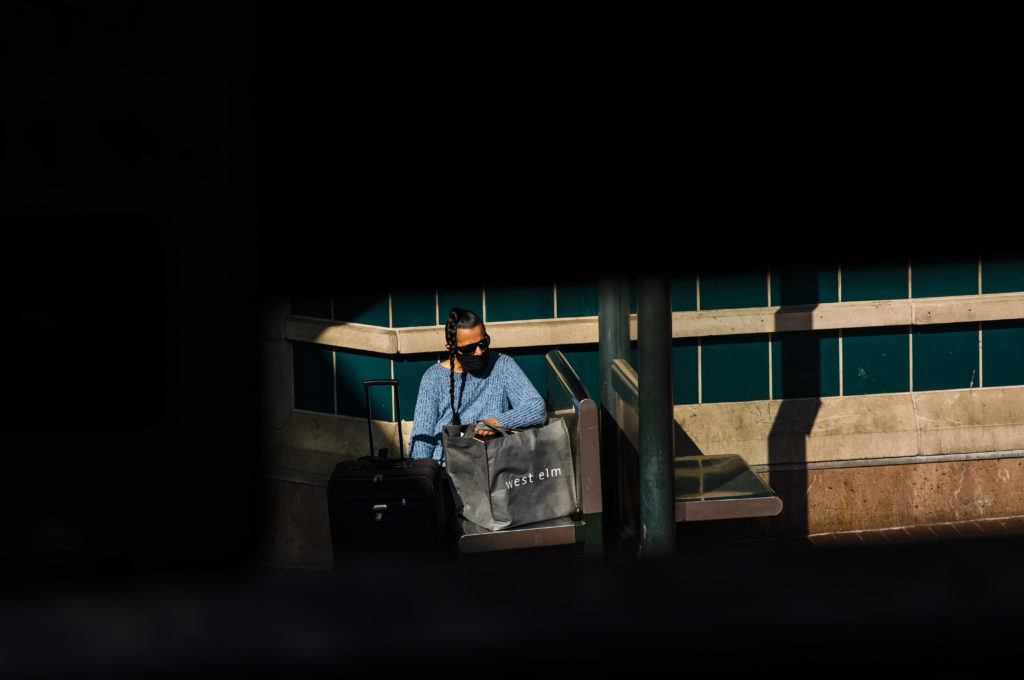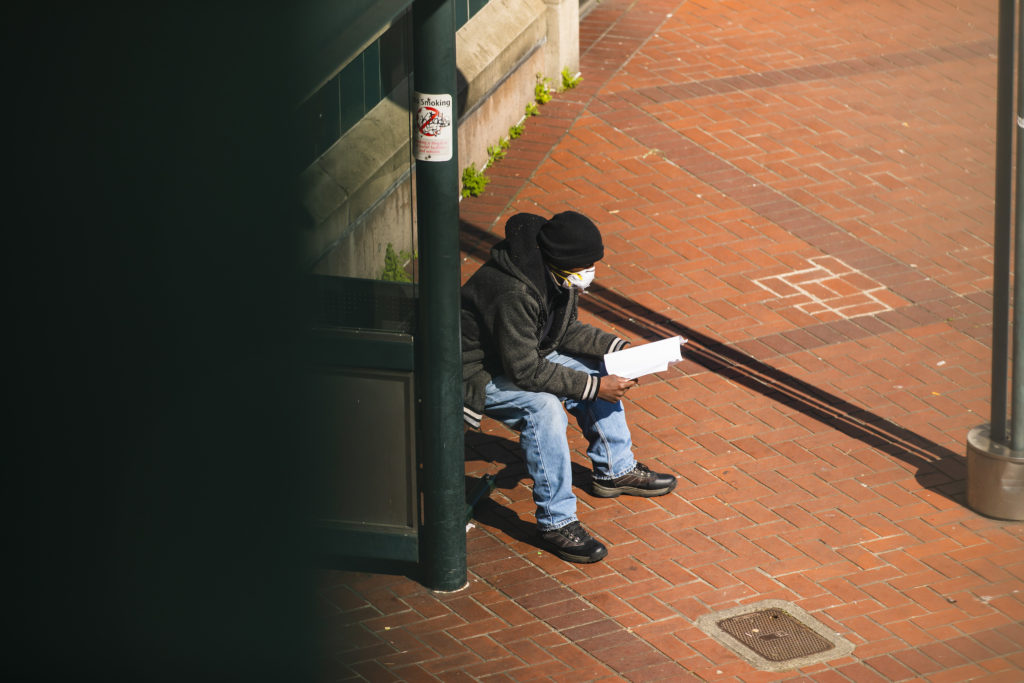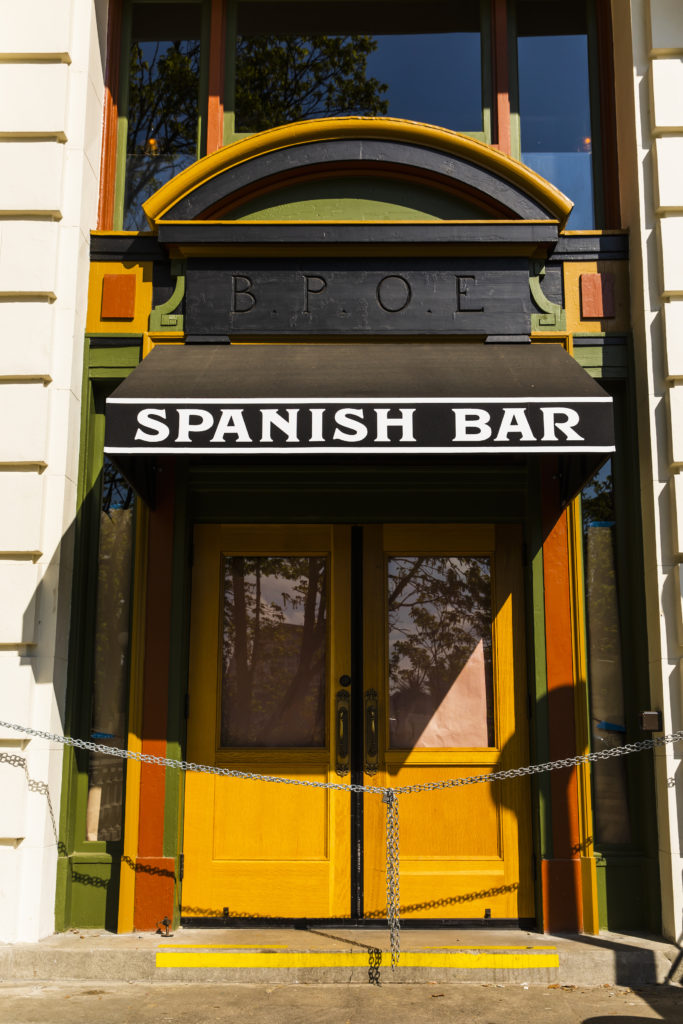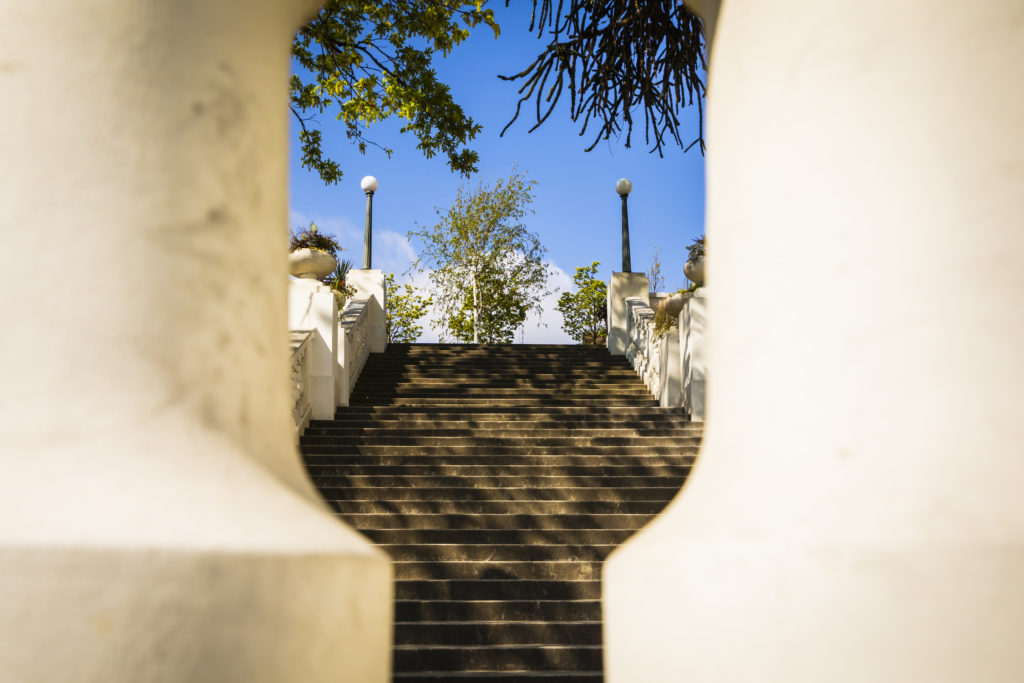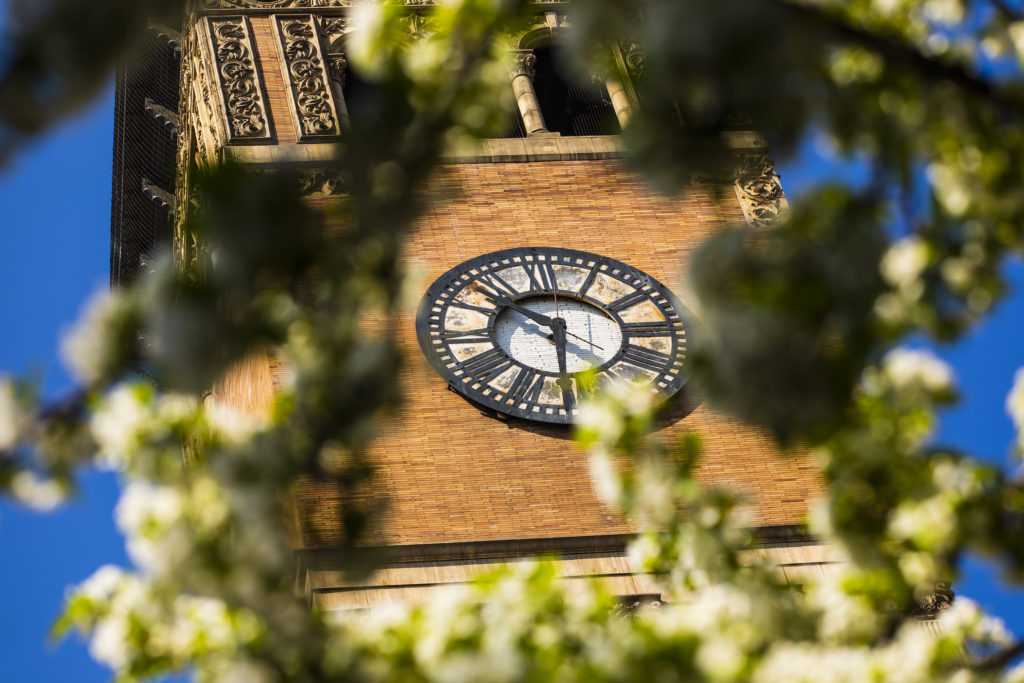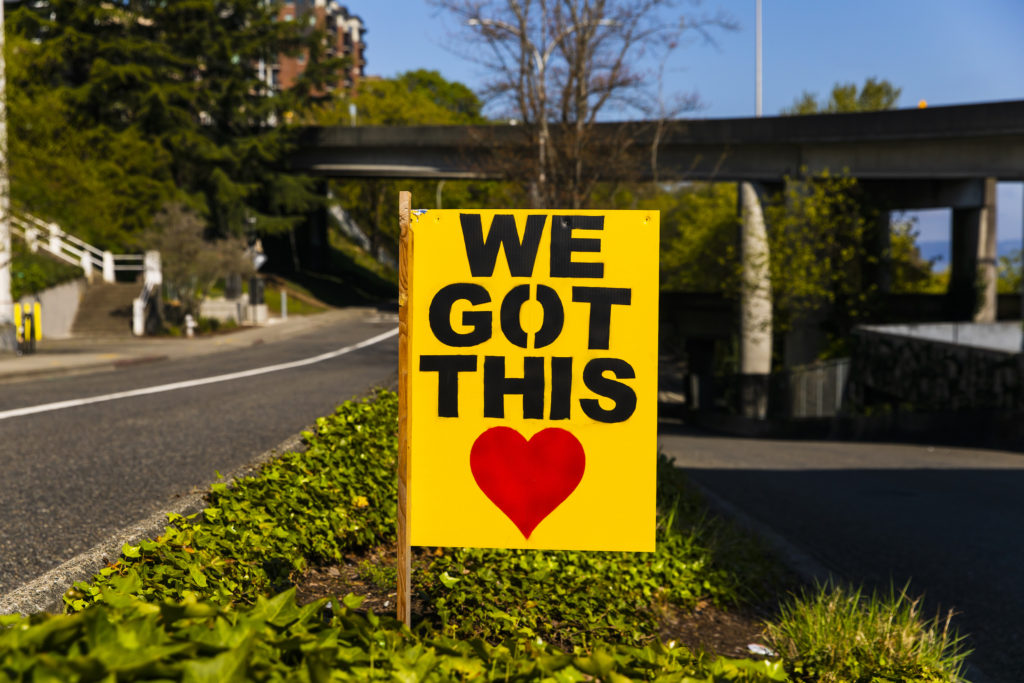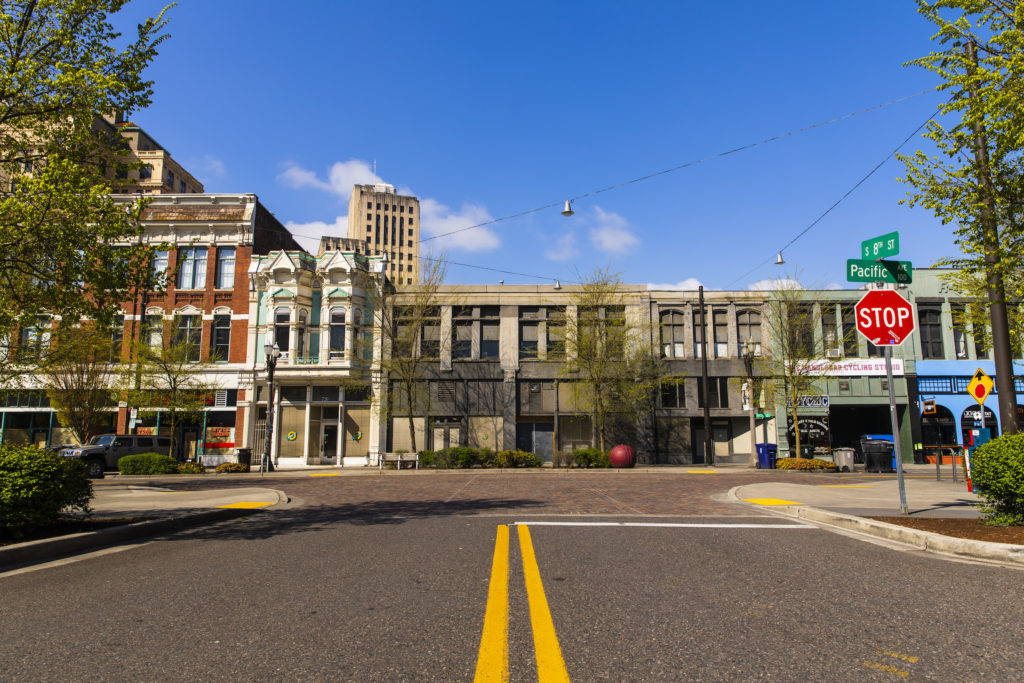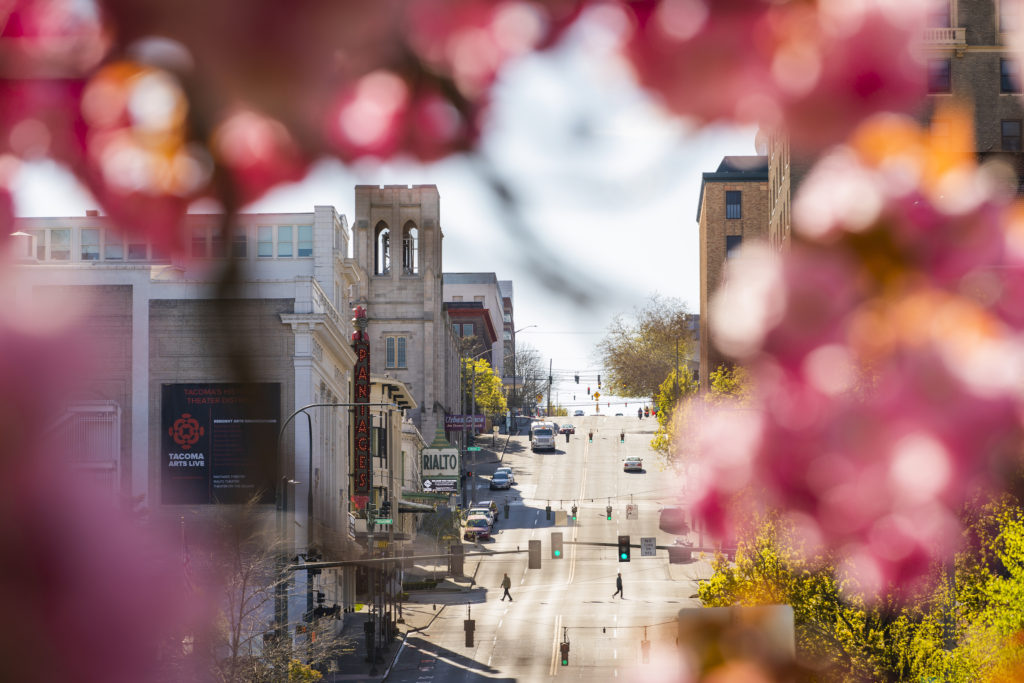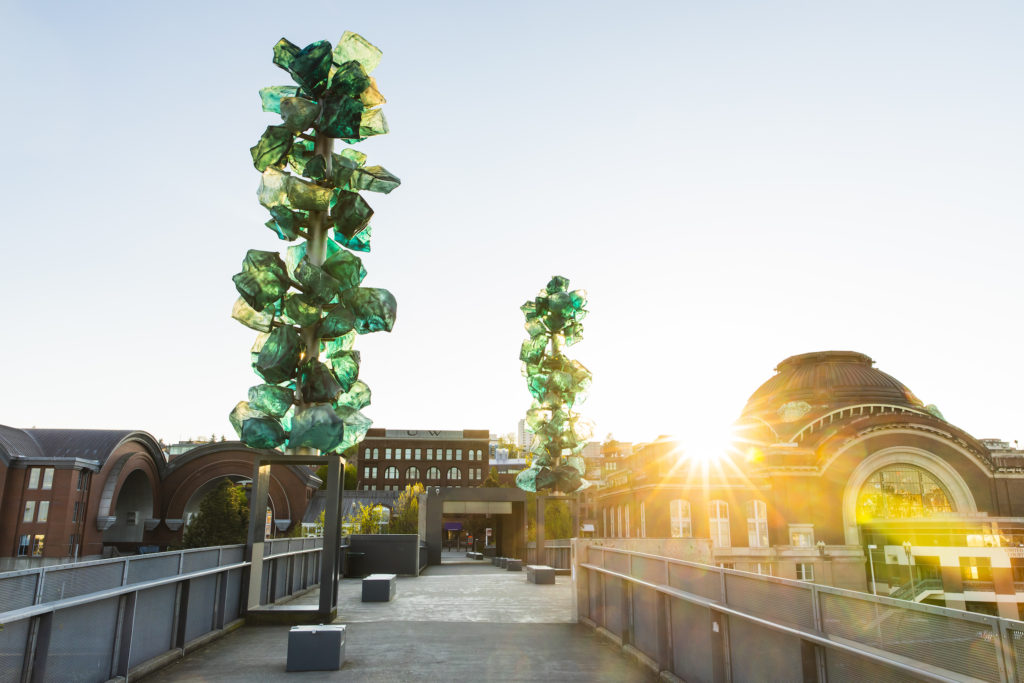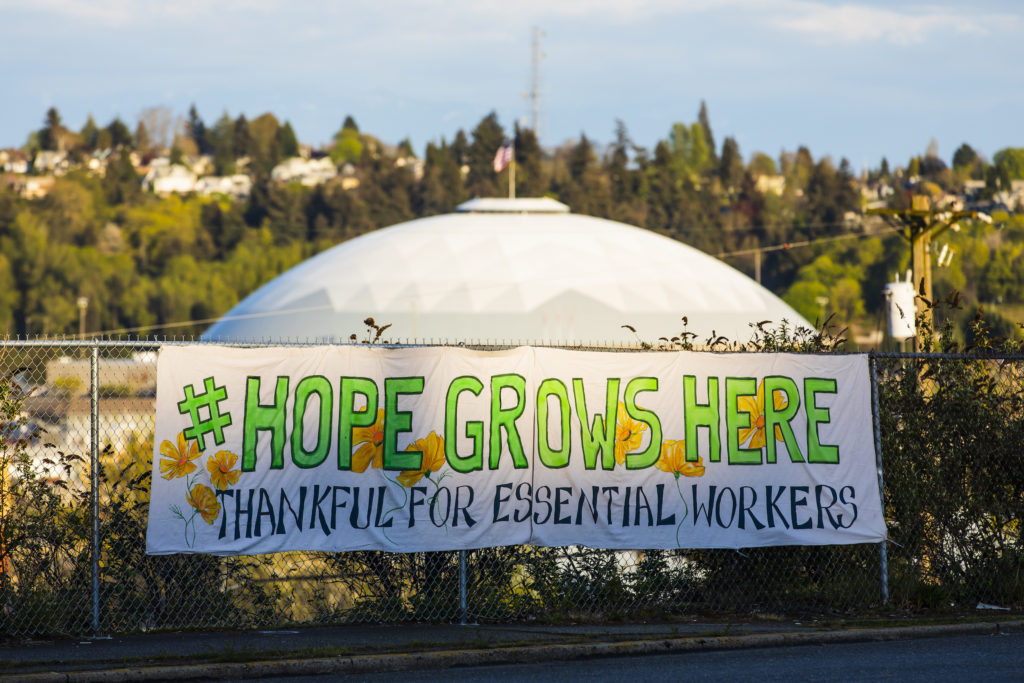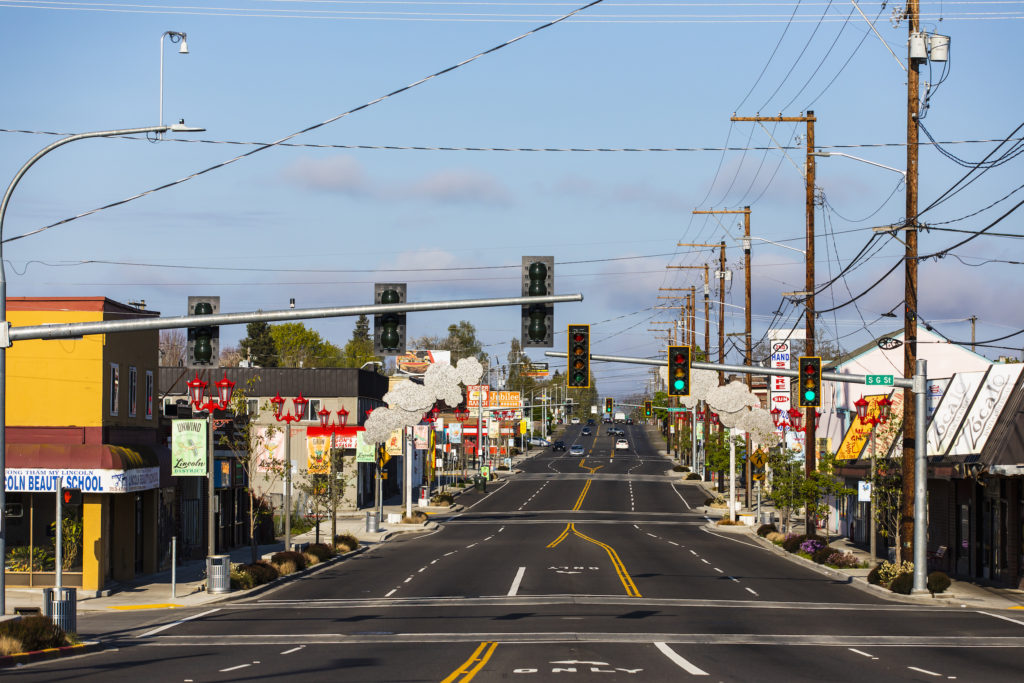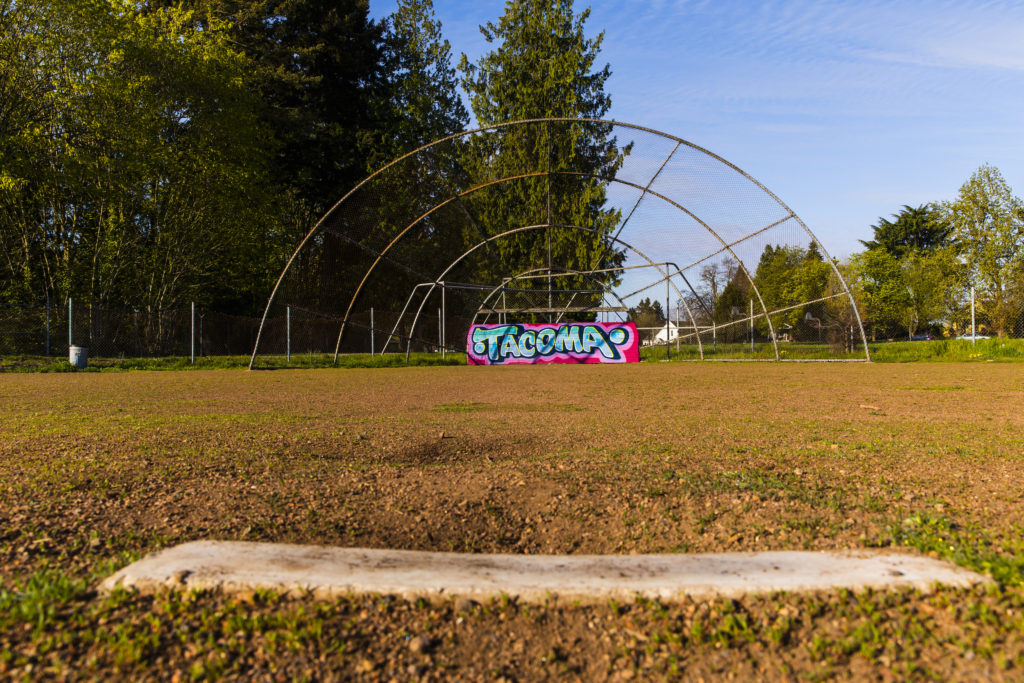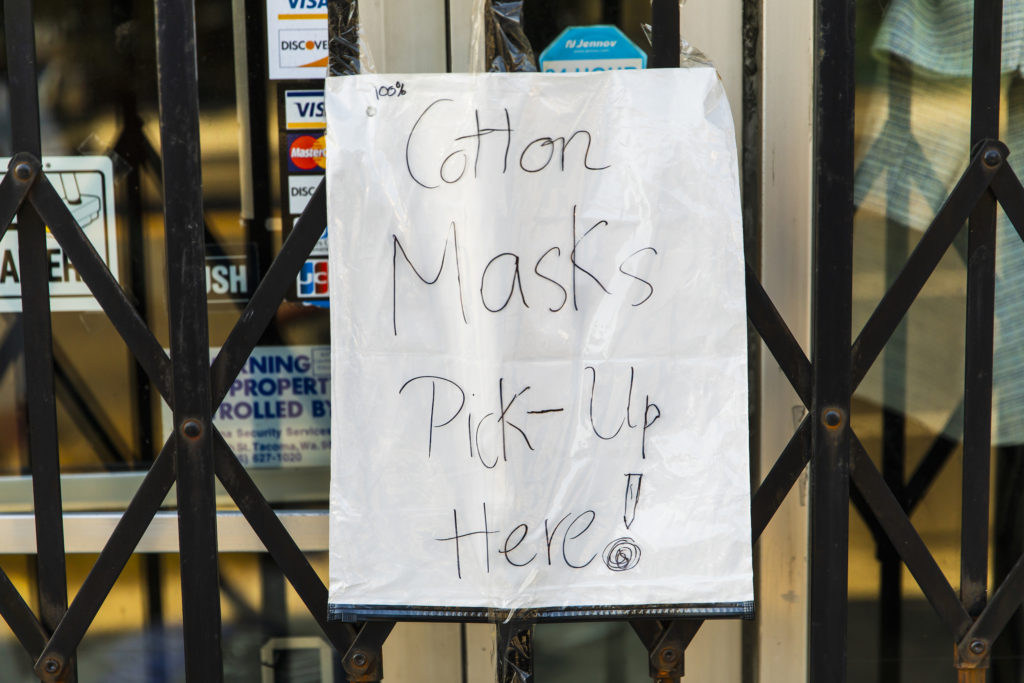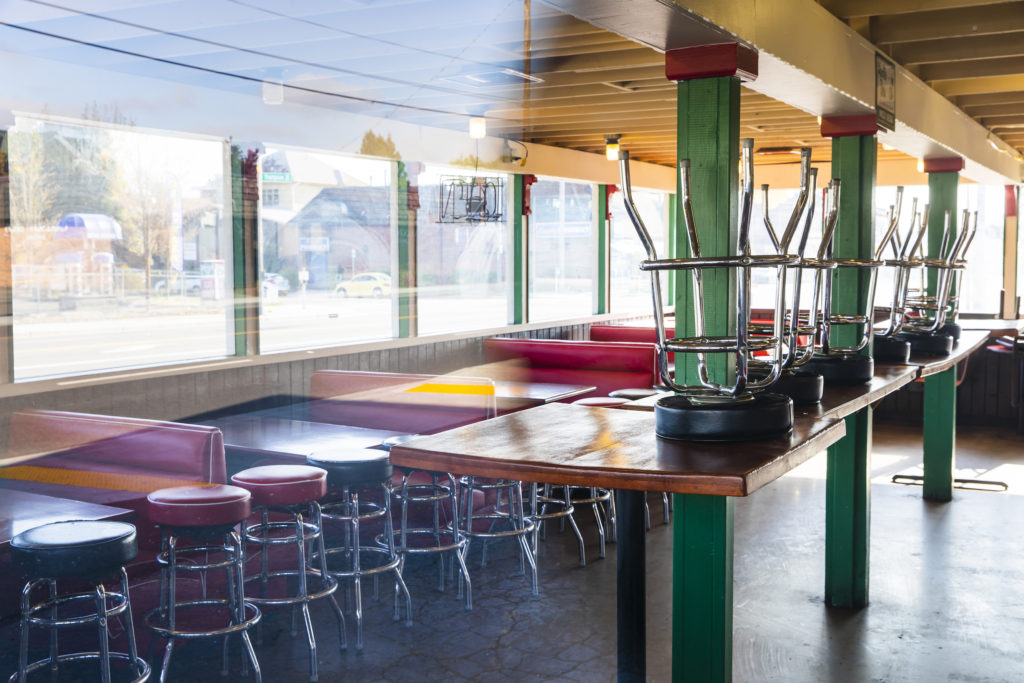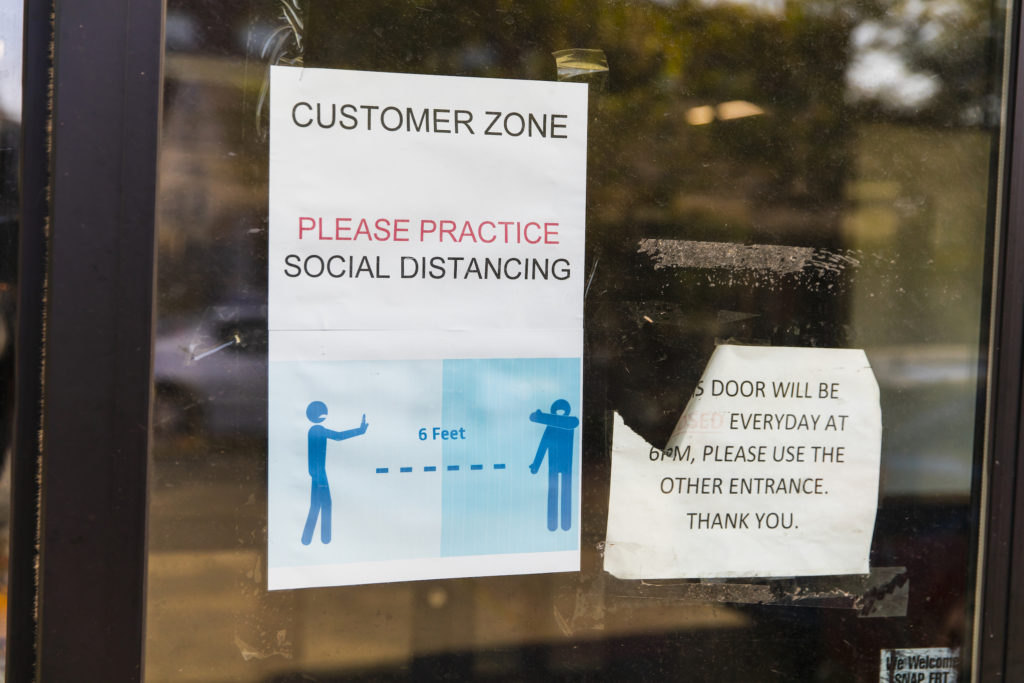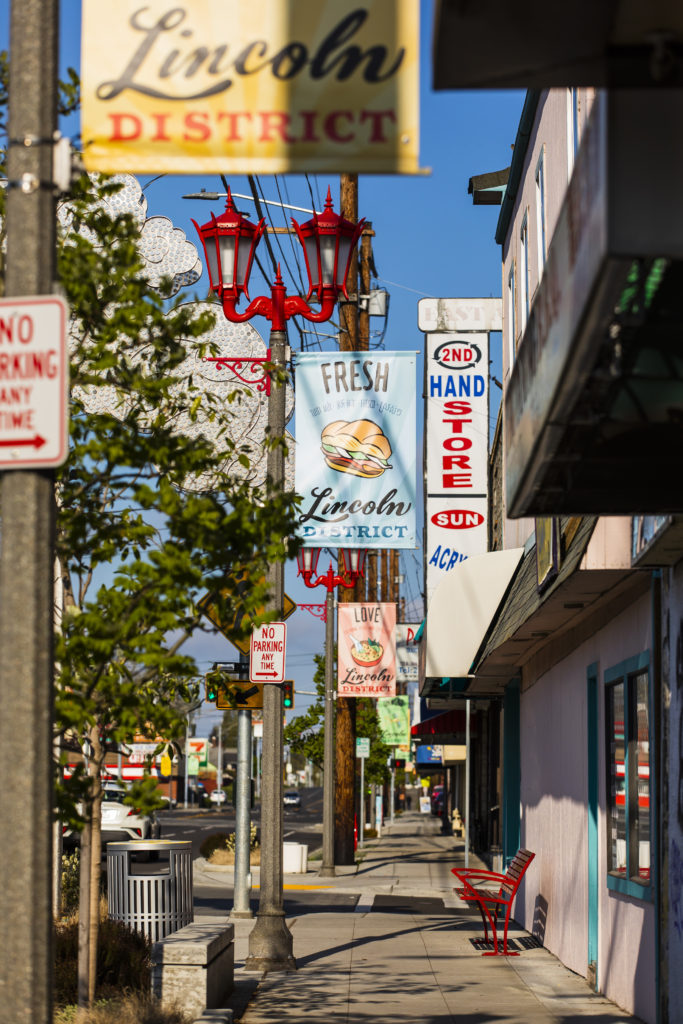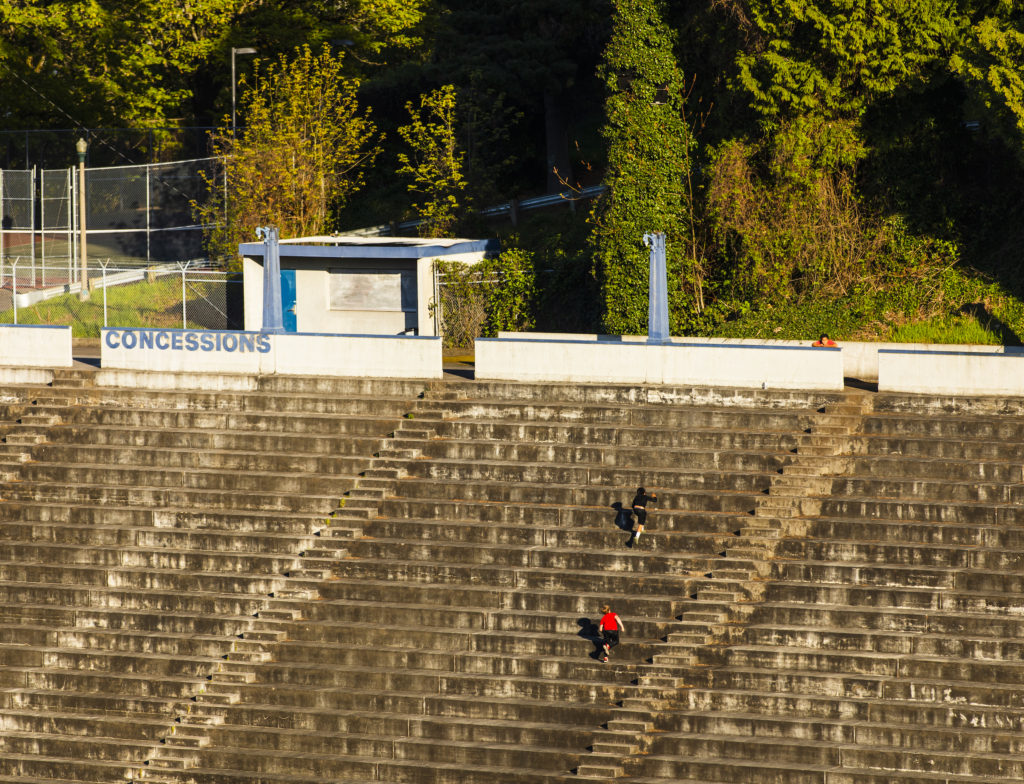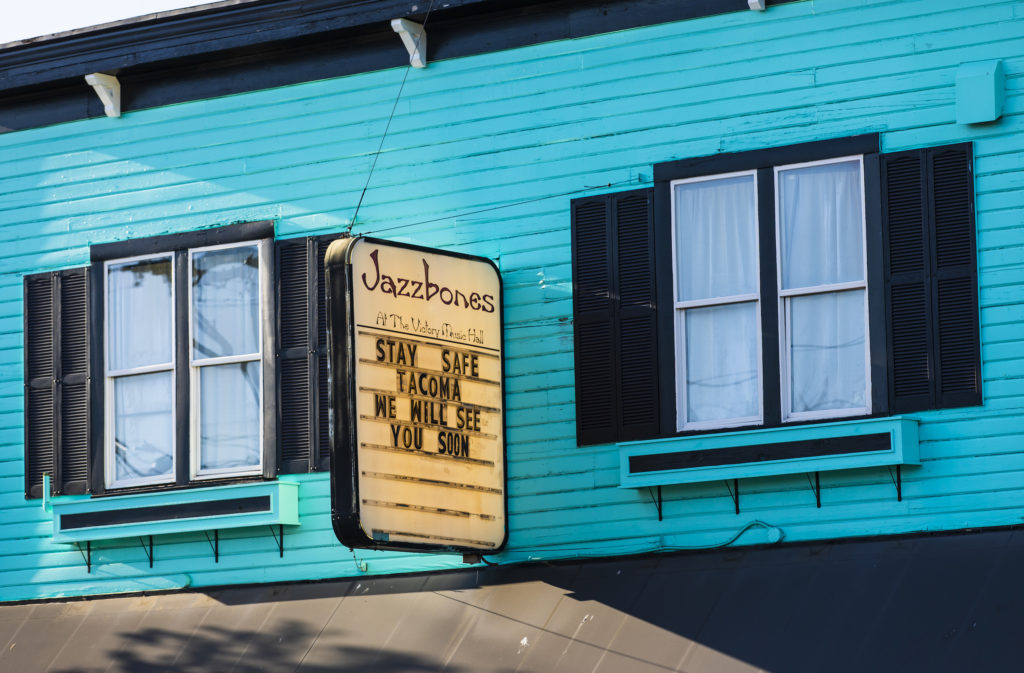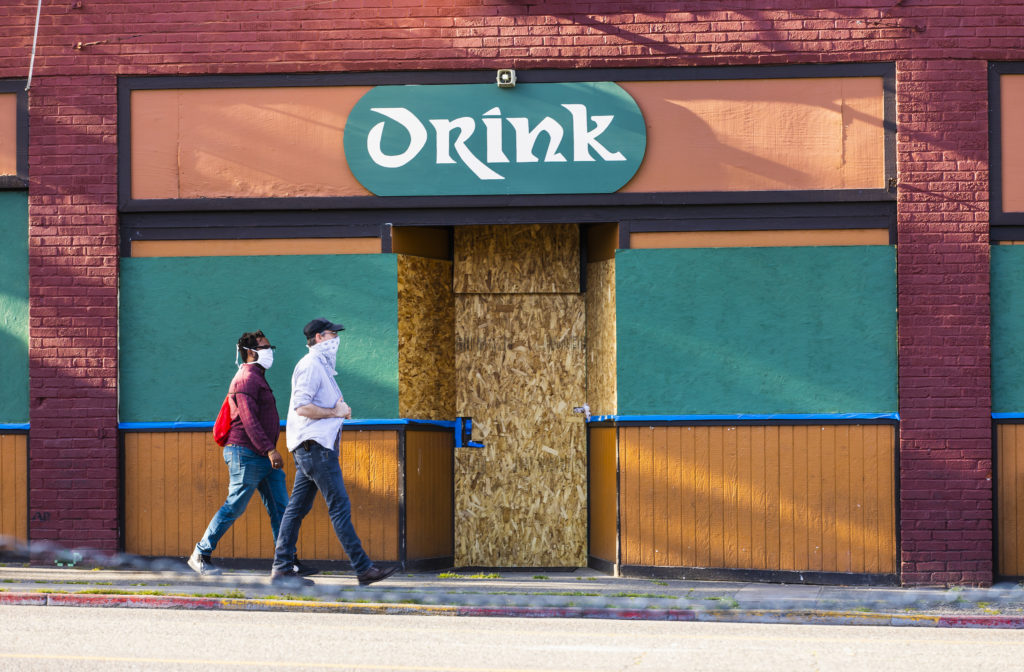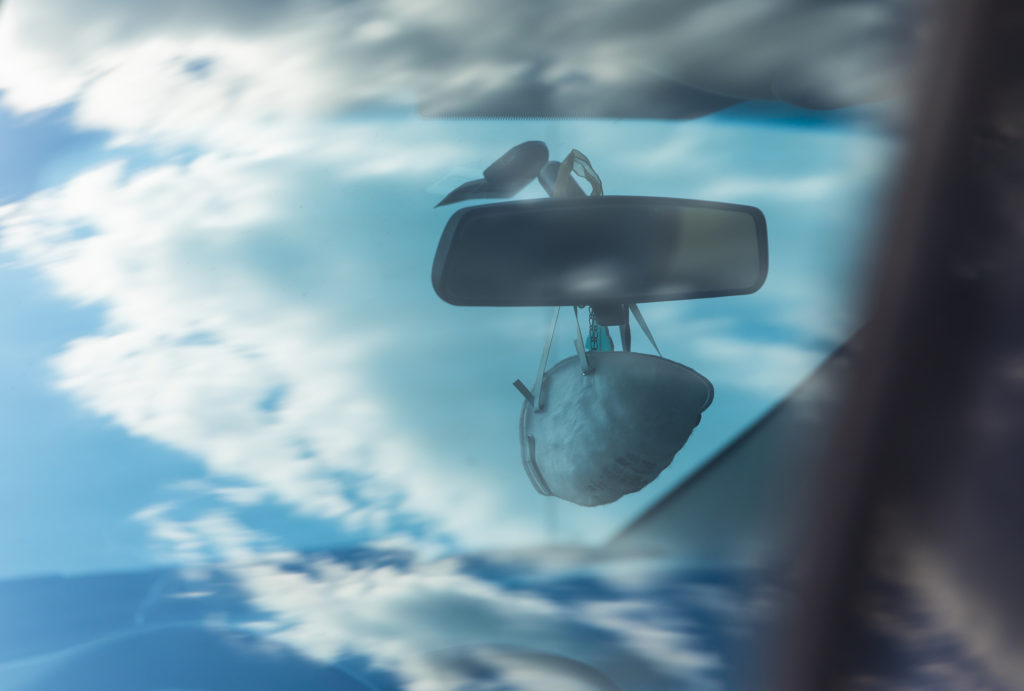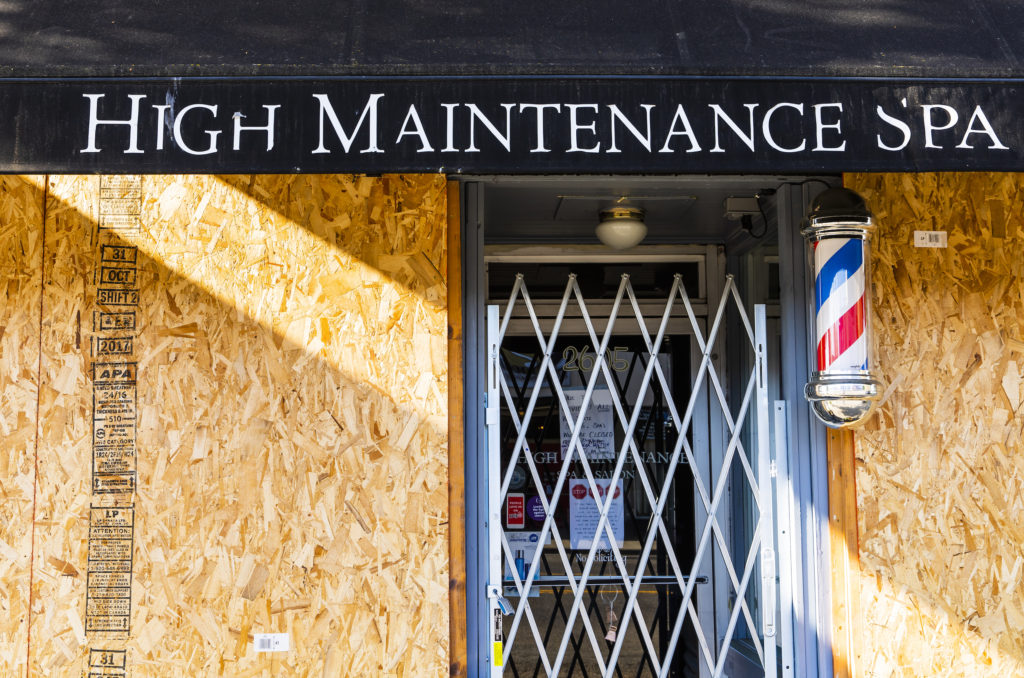by Karen Miller
With uncertainty in the air and schools closed for the rest of the academic year, Tacoma nonprofit Graduate Tacoma is making a new resource available to help students and parents access resources to help them during the pandemic.
Graduate Tacoma, in partnership with the Tacoma Urban League, has launched a database that gathers community resources available to students and makes them searchable.
The online directory is an opportunity for Graduate Tacoma to meet an unexpected and unique need in the community, Devin Kelly, director of data for Graduate Tacoma, said. It will also create awareness for resources that have already been in the community prior to the COVID-19 crisis.
“We think it’s a great opportunity for people to learn about new things,” Kelly said.
Cecelia Garza, director of communications for Graduate Tacoma, said the Tacoma Urban League partnership is crucial to the project. The database is hosted through its website and the nonprofit helps provide funding. The data is managed by Graduate Tacoma.
Users can search by category including meal assistance, energy assistance, and many more.
The resource awareness fits well with what Graduate Tacoma hopes to achieve overall. Garza said the mission of the nonprofit is to help “all Tacoma students to thrive and come to their full potential.”
The COVID-19 database is crucial for now because needs have shifted for students and there is an urgent need to come together and help the community, Garza said. She said it is similar to their summer learning database, but the focus has pivoted due to the pandemic.
What is Graduate Tacoma?
Graduate Tacoma brings together community partners to fund projects, manage stakeholders, and create an environment where Tacoma students have the resources they need to succeed.
Initiatives by Graduate Tacoma include access to early learning programs and a government advocacy role.
One positive of Graduate Tacoma’s initiatives is the luxury of not being too in-depth and being able to have influence in programs across the board, said Tafona Ervin, executive director for Graduate Tacoma. It is able to have a role in overseeing situations and finding disconnects between policy, funding, and resources.
The nonprofit works with stakeholders to resolve those disconnects.
“(We connect with) people who have decision making power and also people who are deeply invested in the community,” said Garza.
What is happening now with coronavirus is a fluid situation, said Ervin.
“It feels like every minute of every day changes,” she said. That’s why she emphasizes a rapid response to getting resources to students. She described the new database as a “one stop shop of information.”
Ervin has been with Graduate Tacoma for six years and moved into the executive director role in 2018. Previously, she worked in higher education at the WSU Everett campus.
Tacoma’s digital divide
Ervin said one important aspect to the database is how parents can find free, reliable internet. She said a goal of Graduate Tacoma is better understanding the digital divide. Not all students have reliable internet access at home. It is one of the topics of policy advocacy for Graduate Tacoma.
Ervin said the coronavirus has brought that digital divide to the forefront as schools closed and classwork moved online. But while the need is highlighted now, it’s always been there.
“We always knew that students needed more technology at home,” Ervin said.
That’s one reason why the new database has a map sharing locations of free WiFi, but in the long run Ervin and Graduate Tacoma hope that internet access can become a basic need.
The COVID-19 database is updated regularly. It can be found at tacomalearns.org.
This article was originally published for members-only before being made available to the public. If you want to see articles when they’re published, please join Channel 253 as a member and help us sustain and grow our podcasts, events, and now written reporting!


